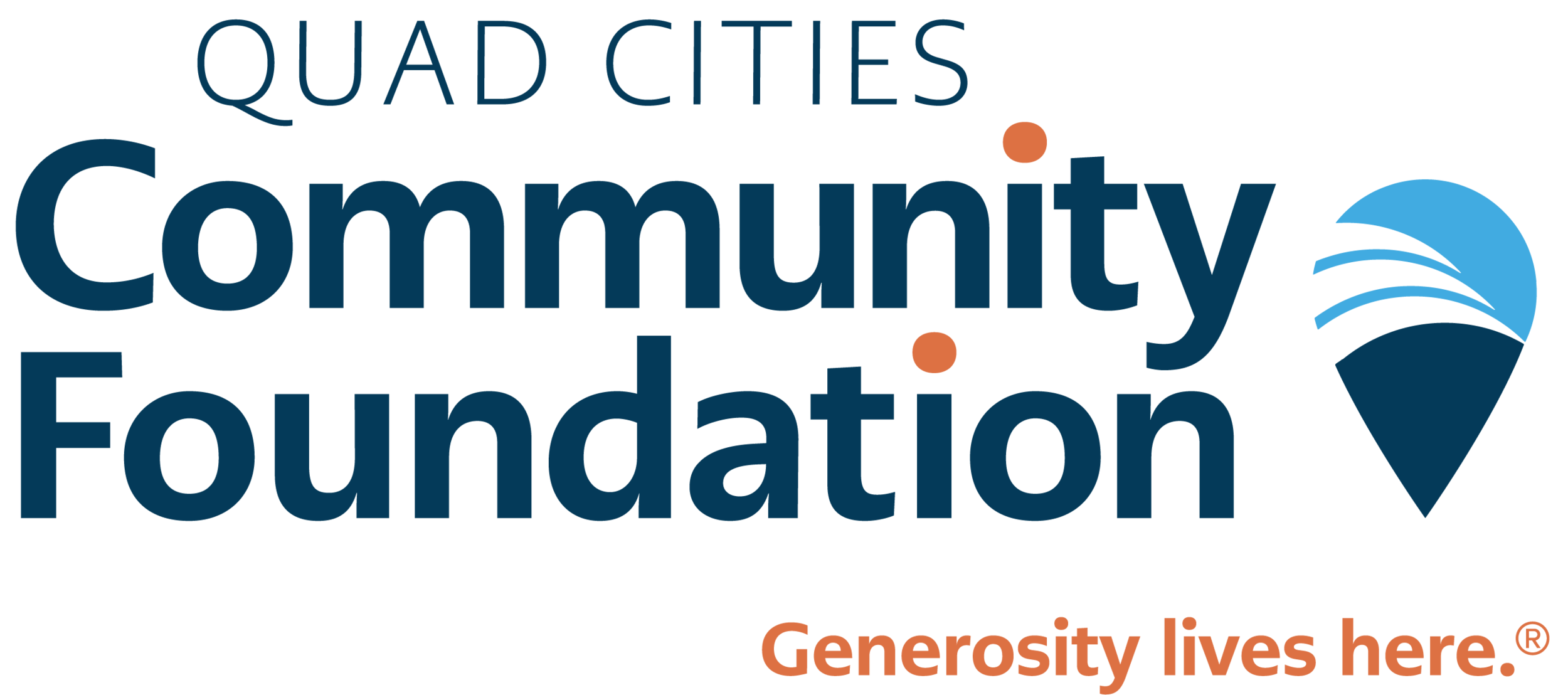Mercer County and Sherrard schools see the impact of enhanced mental health services
Since taking over as director of the Mercer County Mental Health Action Program (MHAP) one year ago, Krissy Dixon, RN, has seen just how needed her team and the services it provides are for students and families at Mercer County and Sherrard schools. That team—Dixon herself and two highly skilled full-time mental health case managers who help connect students to the support they need—exists thanks in no small part to the Looser-Flake Charitable Foundation, which made a three-year, $156,000 grant to MHAP last year.
“Because of Looser-Flake, what we have right now is working better than ever before,” said Dixon, explaining that MHAP’s specialized workforce helps close the gap on the mental health professional shortage in the region. “Their support ensures we can offer these services to our youth to address their social and emotional needs so they can do all the things they’re capable of doing.”
Administered by the Quad Cities Community Foundation and dedicated to supporting charitable causes in Mercer County, the Looser-Flake Charitable Foundation was established by the estates of Dorothy Looser-Flake and Roberta Looser, sisters who were born and raised on a family farm near New Boston, Illinois. In alignment with the Mercer County Better Together Action Plan, one of the foundation’s key priorities is local education, with $80,000 granted to Sherrard and Mercer County schools for vocational education earlier this year.
“The Looser-Flake Charitable Foundation has a robust vision for supporting students in Mercer County,” said Kelly Thompson, vice president of grantmaking and community initiatives at the Community Foundation. “We’re proud to partner with an organization that works together with their community to understand its needs and then generously steps up with resources to make progress possible.”
According to Dixon, the need for mental health services in the county’s schools is as strong as ever. Established in 2018, MHAP saw its highest case numbers ever during the 2021-2022 school year. The program provided individualized case management to 142 clients, a 25 percent increase from the previous year; of those, 82 were students, a 22 percent increase.
While the return to in-person learning has proven challenging for students’ mental and emotional well-being, Dixon cites an additional factor in the growing demand for MHAP’s services: stigma may be diminishing. “A lot of information on mental health went out when COVID hit,” she said. “We’ve seen more walk-in self-referrals, and that speaks to people’s comfort in reaching out and talking about mental health when they need help.”
“Because of the assistance of MHAP, many of my appointments are proactive, dealing with issues before a negative reaction or consequence occurs,” noted Donna Boswell, a Mercer County Junior High School counselor. “Addressing these issues at an early stage allows students to live more productive, enjoyable lives.”
Sherrard counselor Stacey Blackwell has seen the impact of MHAP, too. “This program has provided resources and assistance to several of our students and families when they needed it most,” she said. “The Sherrard School District greatly appreciates having MHAP as a resource for our students, families, and community members, and we look forward to continuing our partnership.”
MHAP has also made an effort to reach more families through case management, a critical step for addressing the full range of barriers that may keep students from getting the mental health care they need, from transportation and insurance to food insecurity and housing instability. Last year, the program provided family case management for 34 percent of its clients, helping connect them to community resources. “With our wraparound workforce, we can really look at the whole picture of the person,” said Dixon.
As part of MHAP, the Signs of Suicide Prevention Program helps spread awareness and identify at-risk students. At Mercer County Junior High and High School last year, the program reached and screened 279 students, among whom 57 were flagged for further risk evaluation. Of those, 24 were recommended for outpatient mental health services and 16 were referred for mental health case management with MHAP. “We’ve seen that on average, about 20 percent of the students flagged by this screening were not on anyone’s radar as struggling,” said Dixon. “I truly believe that in the long term, when all of the grades at Mercer County and Sherrard schools have received this programming, it will reduce the statistics for suicide in our region.”
In her role with MHAP, Dixon also facilitates the Mercer County Mental Health Consortium, bringing together representatives of 24 county agencies. “Working together, we’re able to identify needs across the spectrum of mental health in the county, share valuable information, and even apply for grants collaboratively,” said Dixon.
“We’re so grateful for the Looser-Flake Charitable Foundation,” she added. “Their support has given us flexibility as we work toward the steps that will help us sustain this work in the long term.”

